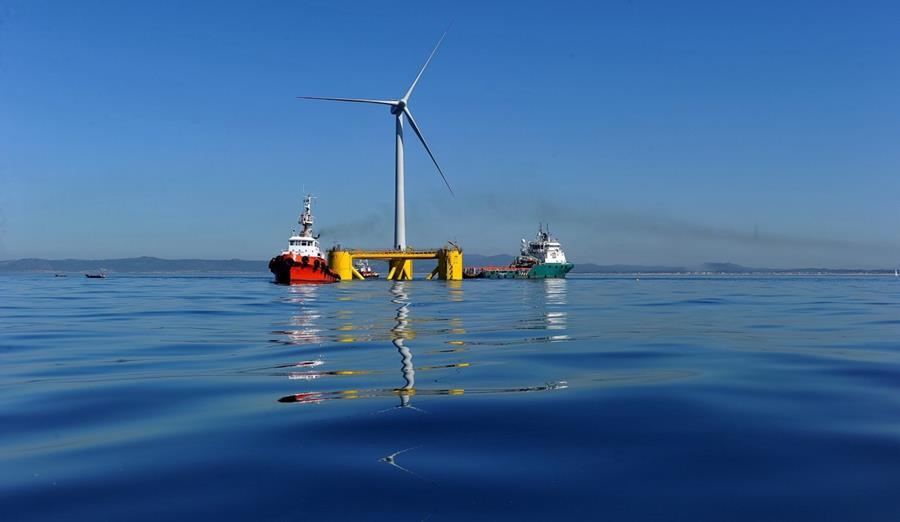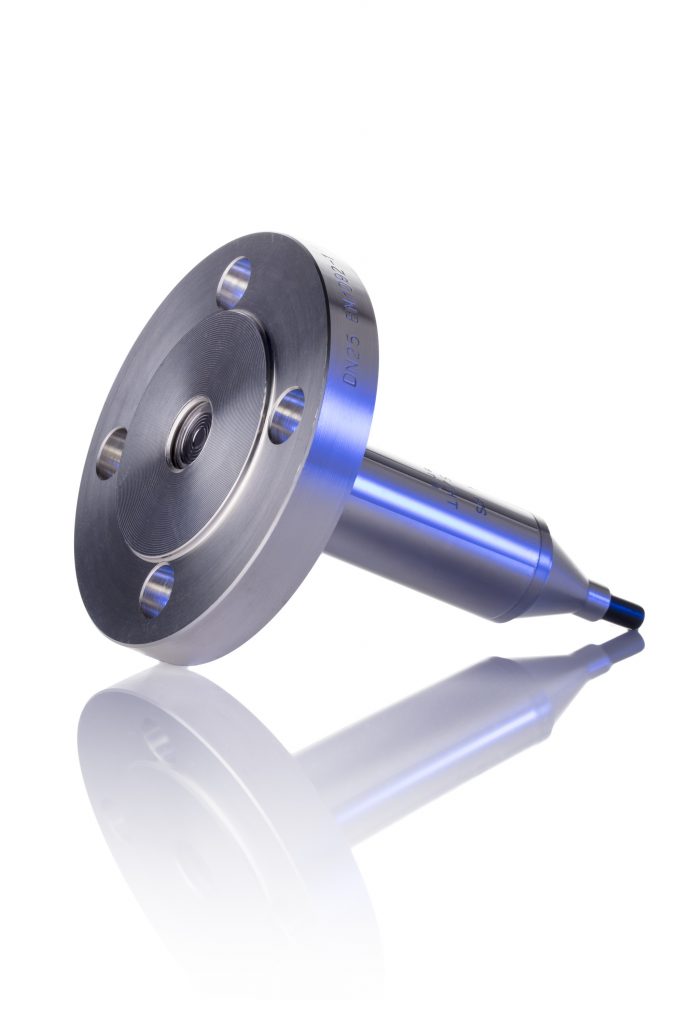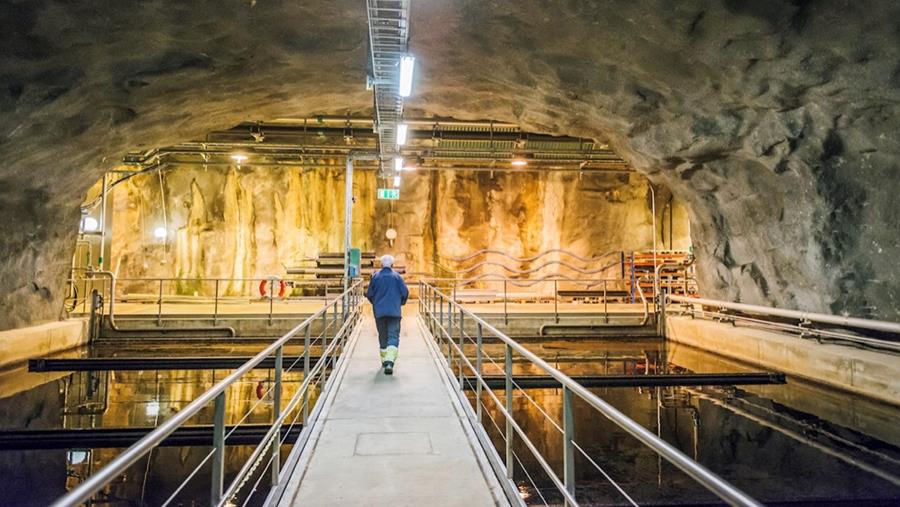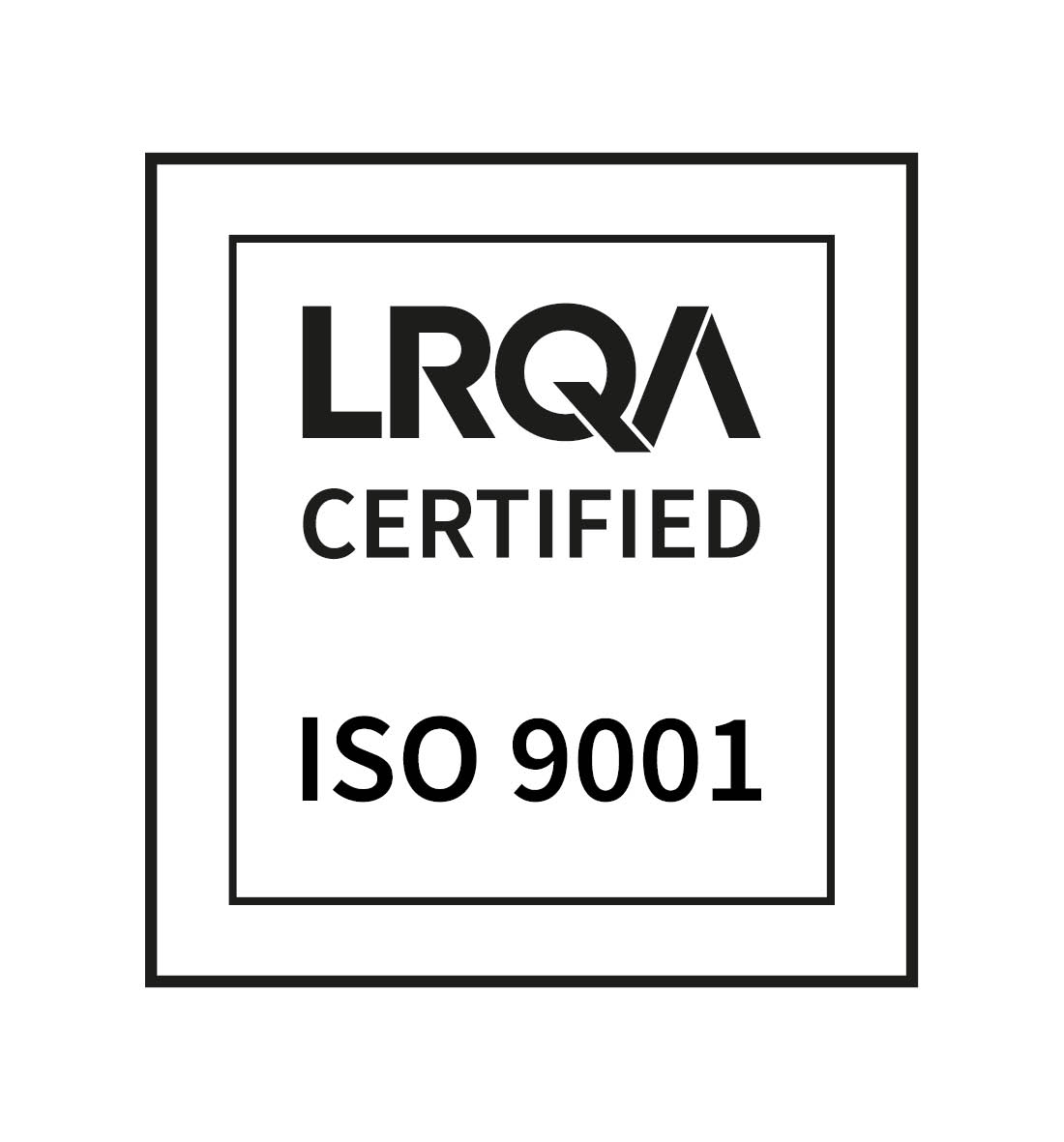What is a pressure sensor
A pressure sensor is a device equipped with a pressure-sensitive element that measures the pressure of a liquid or gas against a diaphragm made of a robust construction, and converts the measured value into an electrical signal as an output.
Pressure sensors can be classified in terms of the pressure ranges they measure, the temperature ranges of options, and the type of pressure they measure. The main types of pressure sensors are absolute pressure sensors, gauge pressure sensors, vacuum pressure sensors, differential pressure sensors and sealed pressure sensors.
Pressure sensors work by converting pressure into an analogue electrical signal. Pressure sensors have a sensing element of constant area and respond to force applied to this area by fluid or gas pressure. The force applied will deflect the diaphragm inside the pressure transducer. The deflection of the internal diaphragm is measured and converted into an electrical output. This allows the pressure to be monitored.
At PSM, we offer a choice between our APT500 analogue and APT1000 digital range of pressure sensors and transmitters in a range of construction materials, all which are certified according to ATEX and IECEx regulations for installation in hazardous areas.
To find out more about pressure sensor working principles, please contact us.









 PSM is part of the Scanjet Group www.
PSM is part of the Scanjet Group www.